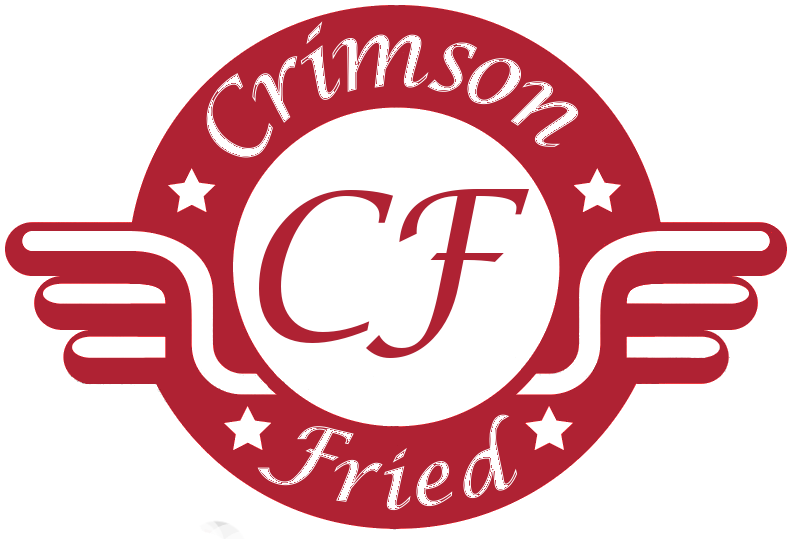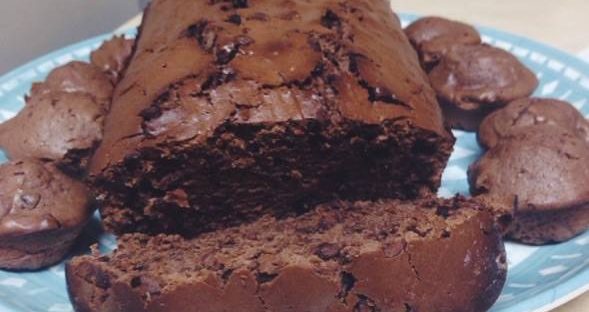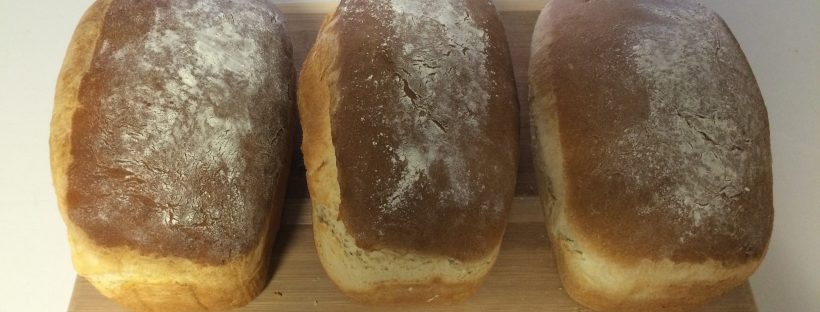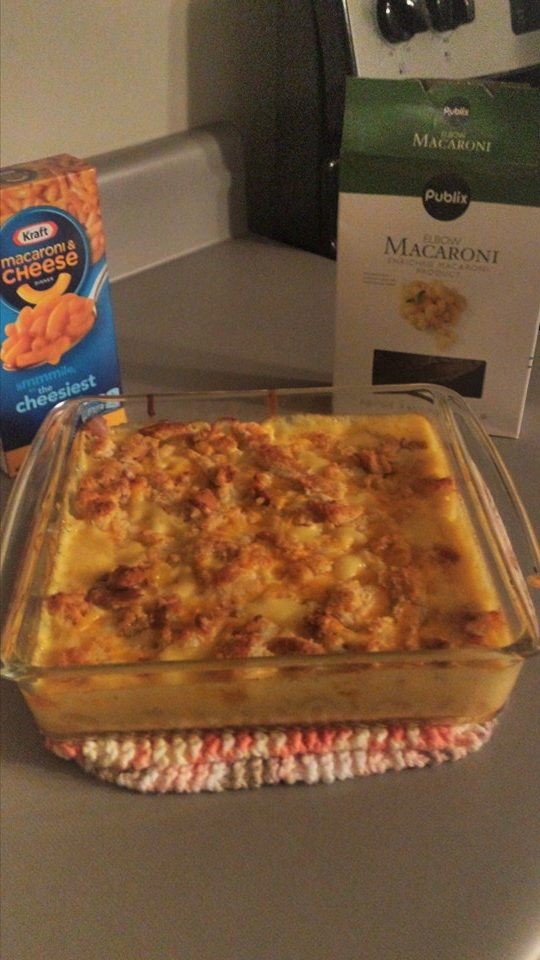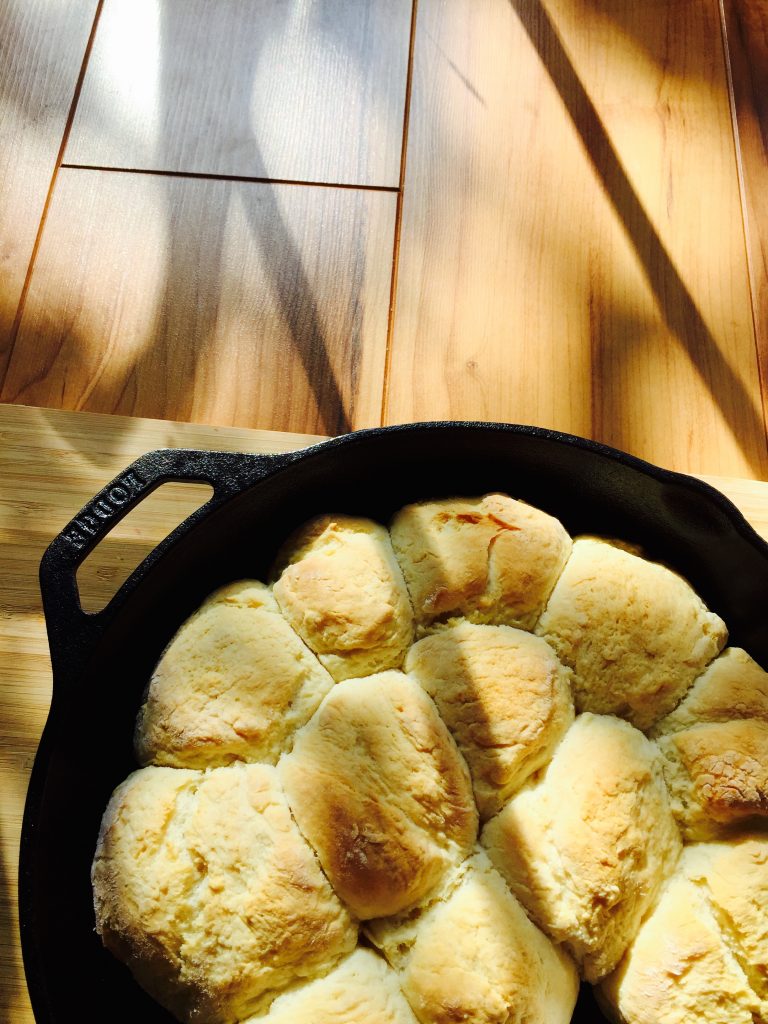 The food industry has come to a consensus: Everyone is cooking less and eating worse. Nutritionists, chefs, farmers, gourmands, productive home enthusiasts, hipsters in the granola aisle of Whole Foods–everyone agrees that there is an epic food fight being waged in our homes. Unfortunately, the rhetoric used to combat this trend is often laced with blame and judgement. “Cook all three meals.” “I hope those eggs are cage free.” “Don’t waste money on organic avocados.” You bought non-organic strawberries? Here’s a shovel. You’ll need it to dig the grave all those pesticides are going to put you in. Think fast: there’s a Chinese takeout container full of shame and guilt flying right at your head.
The food industry has come to a consensus: Everyone is cooking less and eating worse. Nutritionists, chefs, farmers, gourmands, productive home enthusiasts, hipsters in the granola aisle of Whole Foods–everyone agrees that there is an epic food fight being waged in our homes. Unfortunately, the rhetoric used to combat this trend is often laced with blame and judgement. “Cook all three meals.” “I hope those eggs are cage free.” “Don’t waste money on organic avocados.” You bought non-organic strawberries? Here’s a shovel. You’ll need it to dig the grave all those pesticides are going to put you in. Think fast: there’s a Chinese takeout container full of shame and guilt flying right at your head.
Within this milieu of confusion, good intentions, and more than a pinch of guilt, it is tempting to side-step the minefield that cooking can become and outsource the decision of what’s for dinner to restaurants and corporations. Erica Strauss addresses this temptation, and why she resists it, in a post entitled “Zombies vs. The Joy of Canning: Motivation in the Productive Home.” She hits upon a refreshingly simple and unpretentious reason for fighting against the cultural norm of take-out and microwave dinners, as she admits, for making life harder: It makes her happy. As frightening as the threat of a zombie apocalypse or satisfying as taking down big business one organic cantaloupe at a time may be, she comes to the conclusion that, “At the end of a long, long, long day of canning, or weeding, or sowing, something greater than fear and anger has to carry you along.” I think she’s right. If you’re going to spend a full weekend canning tomatoes as she does, I hope to God it’s because you find enjoyment in it. And if you do, then congratulations, because being happy and healthy is an excellent by-product of that hobby.
It’s important to note though, that the way of life Strauss has chosen is a hobby. Some people love taking pictures, or playing music, or cooking tiny, ant-sized versions of popular foods (miniature cooking is a thing, and it is weirdly satisfying). Erica Strauss loves making her own deodorant, and harvesting honey straight from the hive.
That’s great for her, but for most of us it’s impractical at best and utter drudgery at worst. Continue reading
